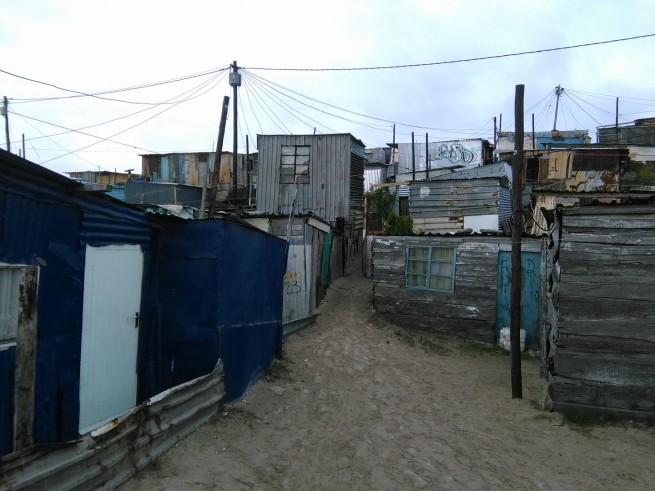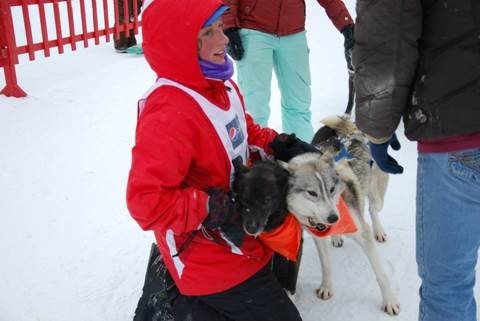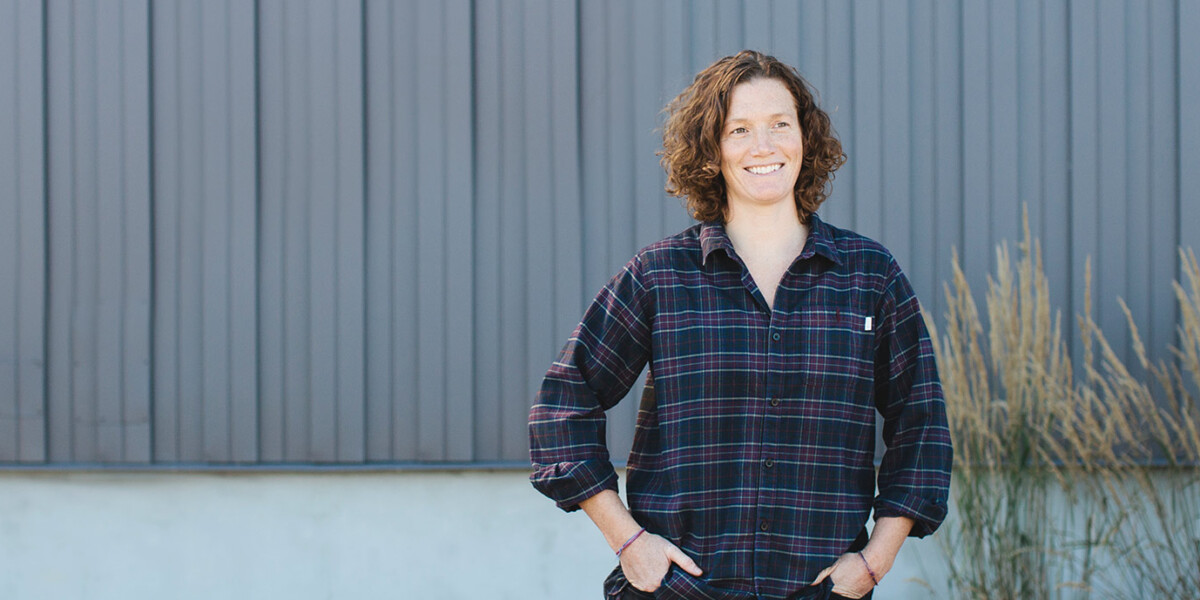(Photo: UVM’s Grossman School of Business Dean Sanjay Sharma with student Will Nedds)
UVM senior Will Nedds completed a two-month summer internship with Reciprocity, a South Africa consultancy that aims to optimize the contribution of the private sector to social and economic development.
Nedds, a student at UVM’s Grossman School of Business, is majoring in business administration and economics, with a concentration in finance and entrepreneurship, and minoring in computer science. Nedds was one of 21 UVM students who participated in international summer internships facilitated through UVM Continuing and Distance Education’s global team. Nedds found the Reciprocity internship through Connect 1-2-3, one of the four internship organizations working with UVM CDE.
We talked to Nedds about his global learning experience and his enthusiasm for social enterprises.
Reciprocity is located in Cape Town, South Africa. Could you describe the work you were doing during your internship?
One of my roles at Reciprocity was taking graduate students visiting from other schools — including the University of Toronto and London Business School – to meet entrepreneurs working in townships around Cape Town. These are micro-entrepreneurs, making dollars a day, in places like Gugulethu and Khayelitsha.
The Reciprocity team and the students worked together to make recommendations to the entrepreneurs. For example, we met with a man who had a mattress company and learned about how he runs his business. The man sells mattresses out of a shipping container and runs an electronic repair shop on the side. In this case, we recommended that the man increase the size of his shipping container and buy a second one. We also advised him to stop his side business to provide better focus.
Can you describe the economic climate in Cape Town and the townships?
While I was living in Cape Town, it was typical to hear insults and dismissals lobbed at township residents, such as “They are thieves, they are lazy, and they do nothing but live in squalor and spend government checks on flat-screen TVs to install in their corrugated metal shacks and power with stolen electricity.”

While I certainly was not in the country long enough to confirm or deny these assertions, my firsthand experience with township residents flew directly against these accusations.
The township residents I met worked incredibly hard, in spite of their meager lifestyle. Those who were employed worked as secretaries and pharmacists and custodial staff in the city. Those who owned their own businesses operated restaurants, fruit and vegetable stands, or spaza shops, which are informal convenience stores. The area was alive with people working to make a living for themselves with whatever skills they had.
Reciprocity focuses on the “Base of the Pyramid.” This term — developed by C.K. Prahalad and UVM Professor Stuart Hart — encompasses the more than four billion people — approximately 60 percent of all humanity — who earn $8/day or less. Why is the Base of the Pyramid movement so important to you?
I’m interested in income equality and how poverty affects the overarching economy. The Base of the Pyramid embraces a business approach that focuses on products, services, and enterprises that serve this population in a way that is culturally sensitive, environmentally sustainable, and economically profitable. Probably the largest of the projects that Reciprocity took on during my tenure was a research study on social enterprises in Zambia, South Africa, and Malawi.
A social enterprise is a term for a company that has a social mission, but does so through a sustainable, for-profit model. For example, let’s say there’s a solar company that sells lights to rural communities for close to cost as a way of increasing access to safe and clean artificial light. A business like this has a mission to improve the lives of others, but at the same time recognizes that good work takes resources to make it a sustainable reality. This is one of the guiding principles of UVM Enactus, where I currently serve as president.
The group is a community of student leaders committed to using the power of entrepreneurial action to transform lives and shape a better, more sustainable world. What I love about our organization is that it harnesses that entrepreneurial spirit for the sake of building sustainable initiatives to help others. At the moment, one of our projects is helping the Vermont Hindu Temple find ways to share Hindu culture with the Vermont community, while at the same time building viable revenue streams to cover its costs.
What do you enjoy most about economics?
I love economics because it’s the science of choice. Every decision you make, from the moment your eyes open in the morning to the moment they close at night, is fueled by reasoning, weighing options, and identifying the choices that will benefit you the most.
For more information about global learning experiences, visit learn.uvm.edu.




